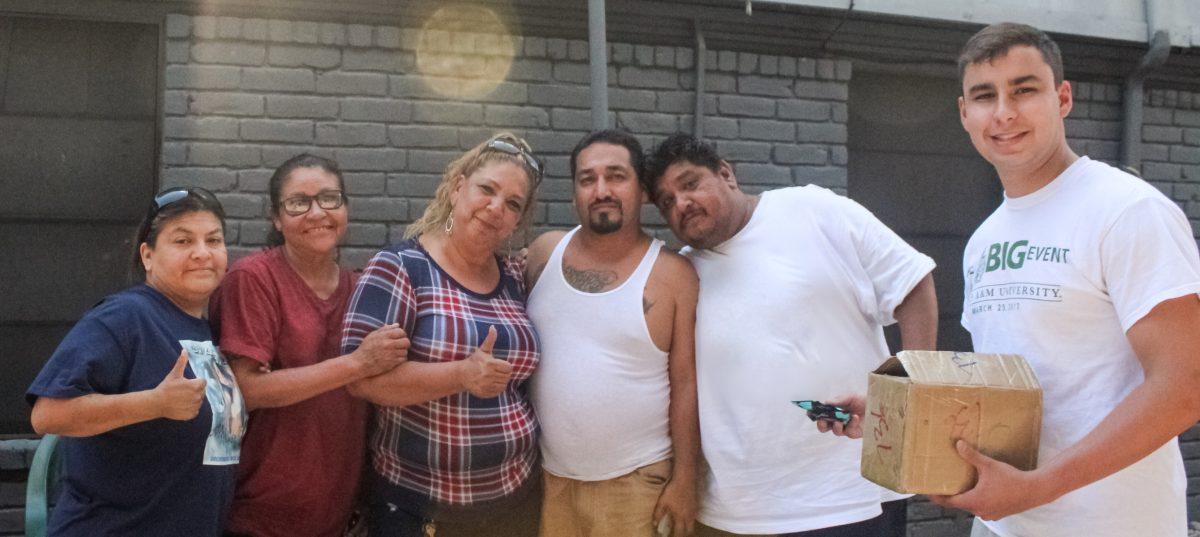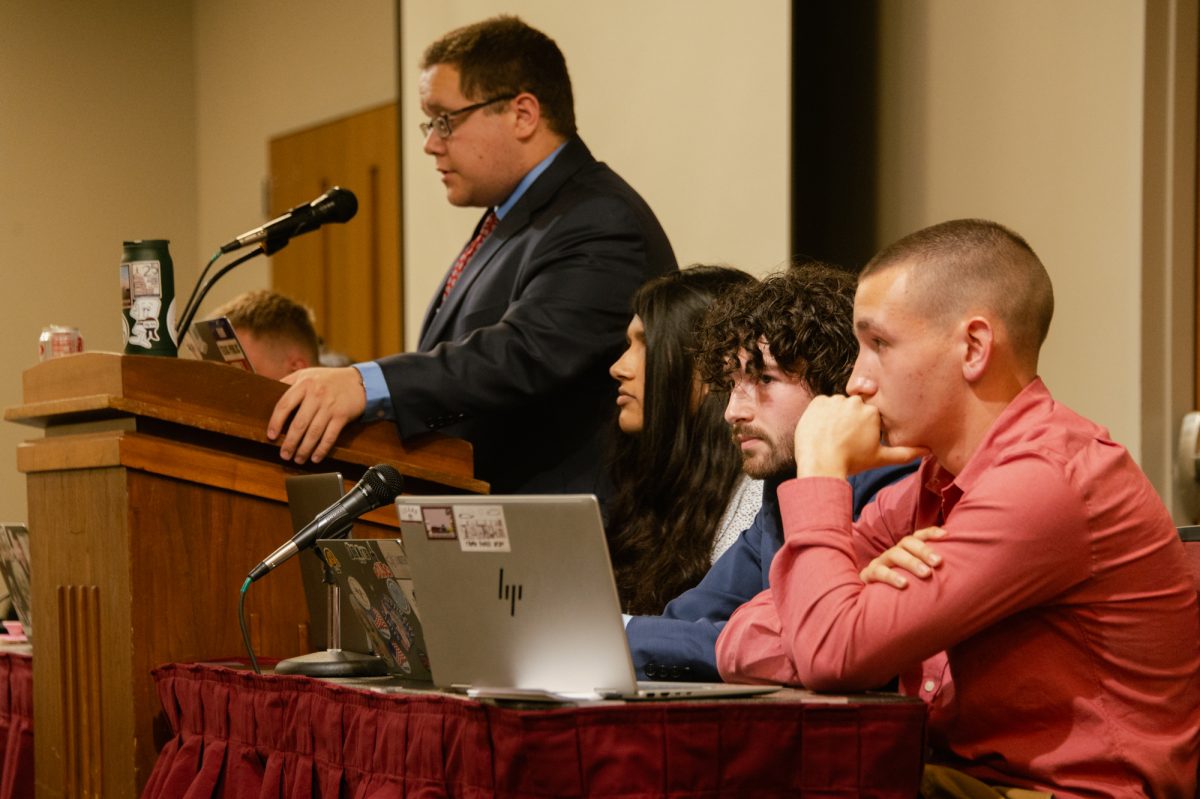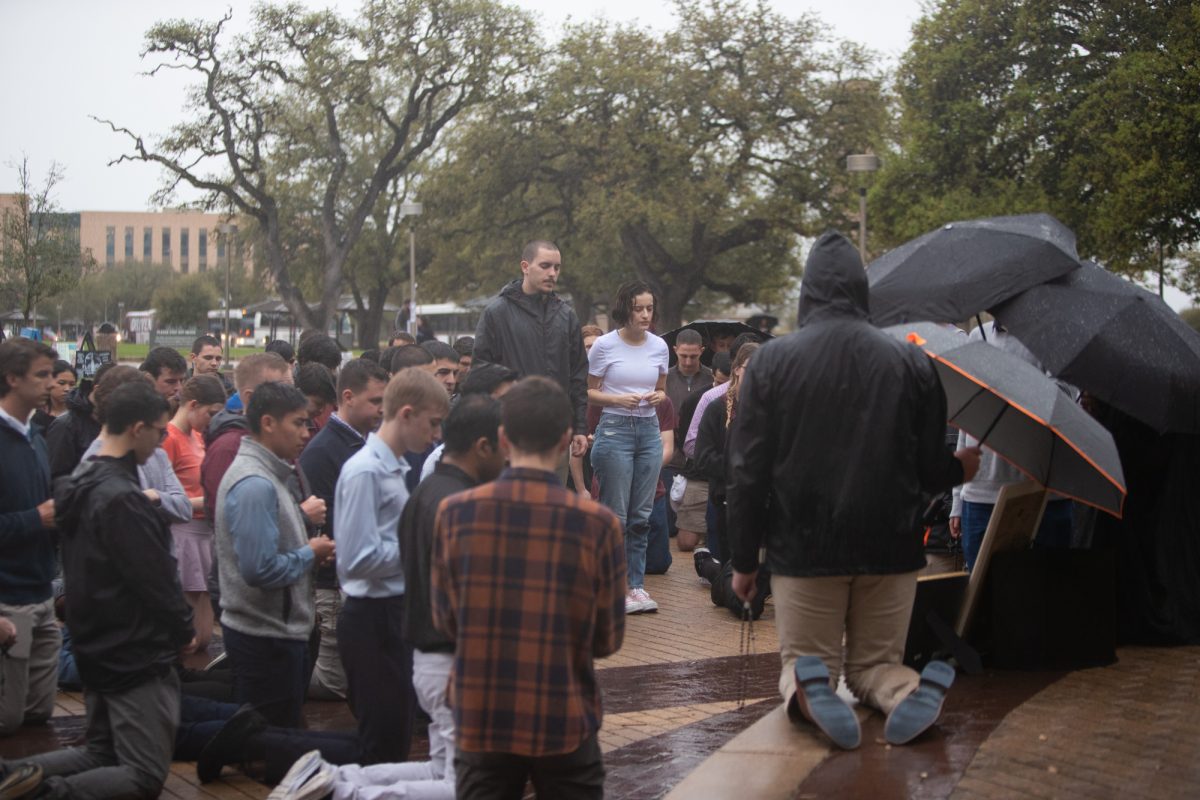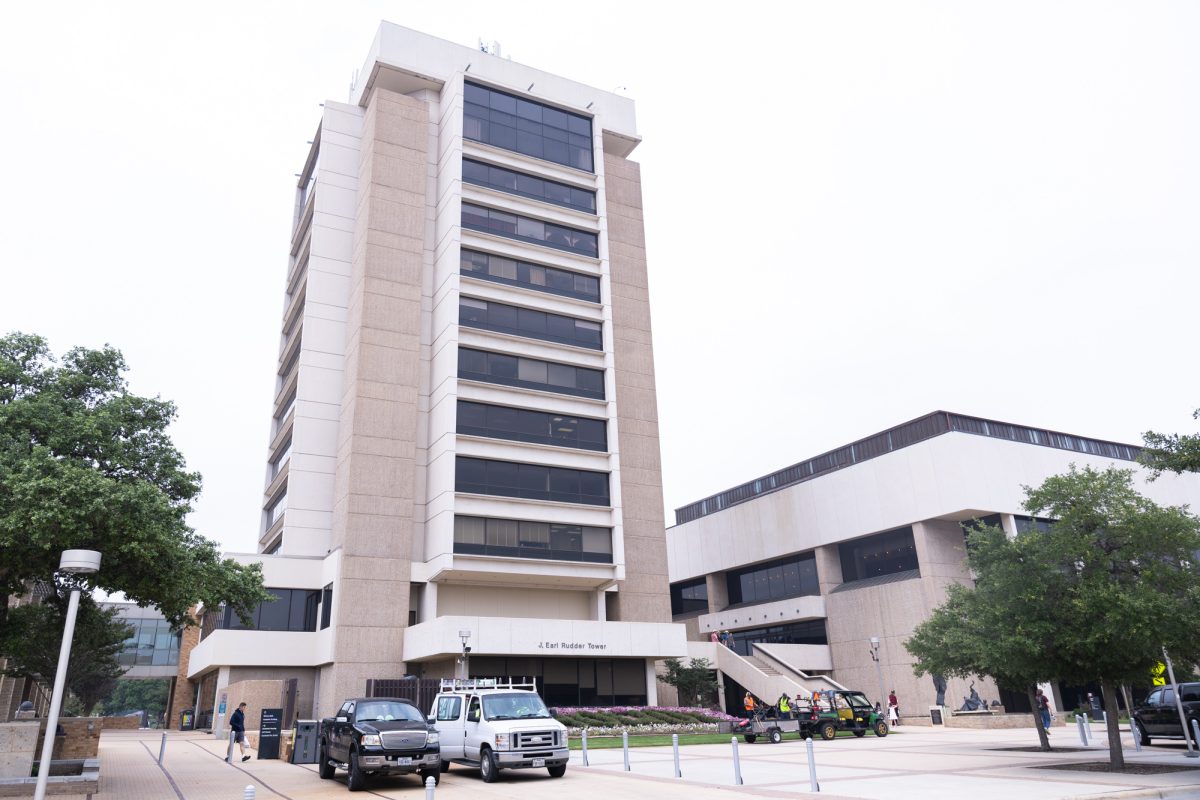Power Boost Society is a student run business that provides phone chargers to people affected by natural disasters.
Economics senior Matthew Iommi co-founded PBS with full-time entrepreneur and investor Justin Rath in June 2017. They sell portable chargers compatible with iPhone and Android, and each unit can provide four to five extra hours of battery life or an extra 40 percent charge. The chargers utilize recyclable, single-use alkaline batteries that do not contain mercury.
PBS puts aside 60 percent of their profits to distribute chargers in areas affected by natural disasters and make financial contributions to broader disaster aid foundations. So far, 3,000 chargers have been distributed in response to the earthquake in Mexico and hurricane damage in both Houston and Puerto Rico.
“As an entrepreneur and investor, I looked to put the money I made in the financial markets into a philanthropic cause that assisted the disadvantaged and those in need,” Iommi said. “After witnessing the tragedy of Hurricane Maria and the thousands of people who were left with no power, [Rath] and I decided to do something about it.”
Iommi said PBS was founded to provide power to whoever needs it, no matter the situation. Since parts of the chargers are assembled in China, Iommi has used information from his classes to adapt to recent tariff changes.
“The knowledge [obtained] in my economic courses gave me the upper hand in reacting to marketplace and supply-chain fluctuations,” Iommi said. “Using my understanding of economics, I’m able to control costs by running linear programing models which help reduce the impact that tariffs have on my company.”
Iommi and Rath are childhood friends and have participated in other business ventures over the past five years. According to Rath, their goals are the same as when they first launched the company.
“We will continue to strive to assist as many disaster-stricken victims as we can,” Rath said. “Throughout the last three years, Matthew and I have built a plethora of connections within multiple U.S. states, Puerto Rico and Mexico that allow us to send forth the necessary resources to aid in disaster relief.”
Rath said he would like to expand their disaster relief operation to have the ability to quickly reach areas that are likely to lose power from to a natural disaster.
“This preparation allows us to scale the geographical regions we are able to assist, as the main problem we have found was not being able to reach the victim-inhabited areas in a prompt manner,” Rath said.
Distribution representative Marco Del Castillo facilitates PBS distribution when a natural disaster happens in Mexico. Castillo distributed approximately 200 chargers to those affected by the Central Mexico earthquake last September.
“Shortly after a natural disaster occurs, the utility companies are usually the first to report any power outages or damages to power generators that may have occurred,” Castillo said. “Based on this information and how long the outage is expected to last, Power Boost Society decides whether product distribution is necessary [and] feasible.”
Providing power despite disaster
October 15, 2018
Photo by Provided
Powerboost
0
Donate to The Battalion
$2065
$5000
Contributed
Our Goal
Your donation will support the student journalists of Texas A&M University - College Station. Your contribution will allow us to purchase equipment and cover our annual website hosting costs, in addition to paying freelance staffers for their work, travel costs for coverage and more!
More to Discover










